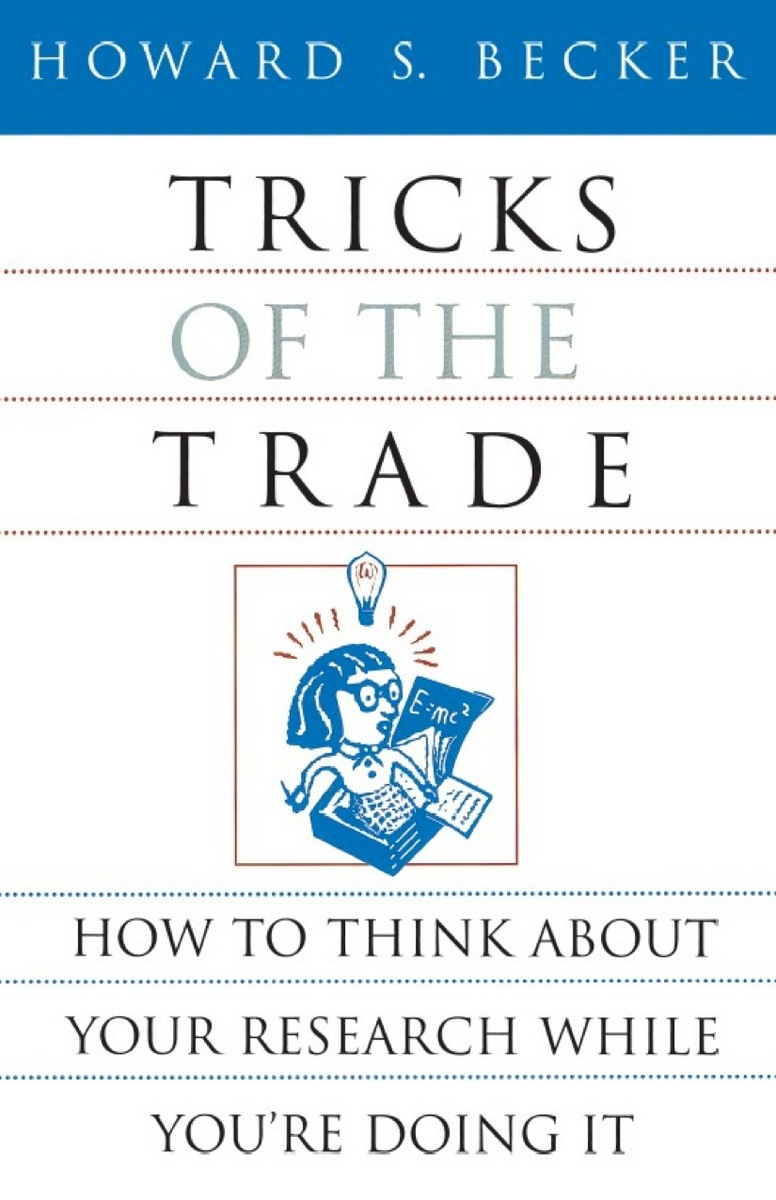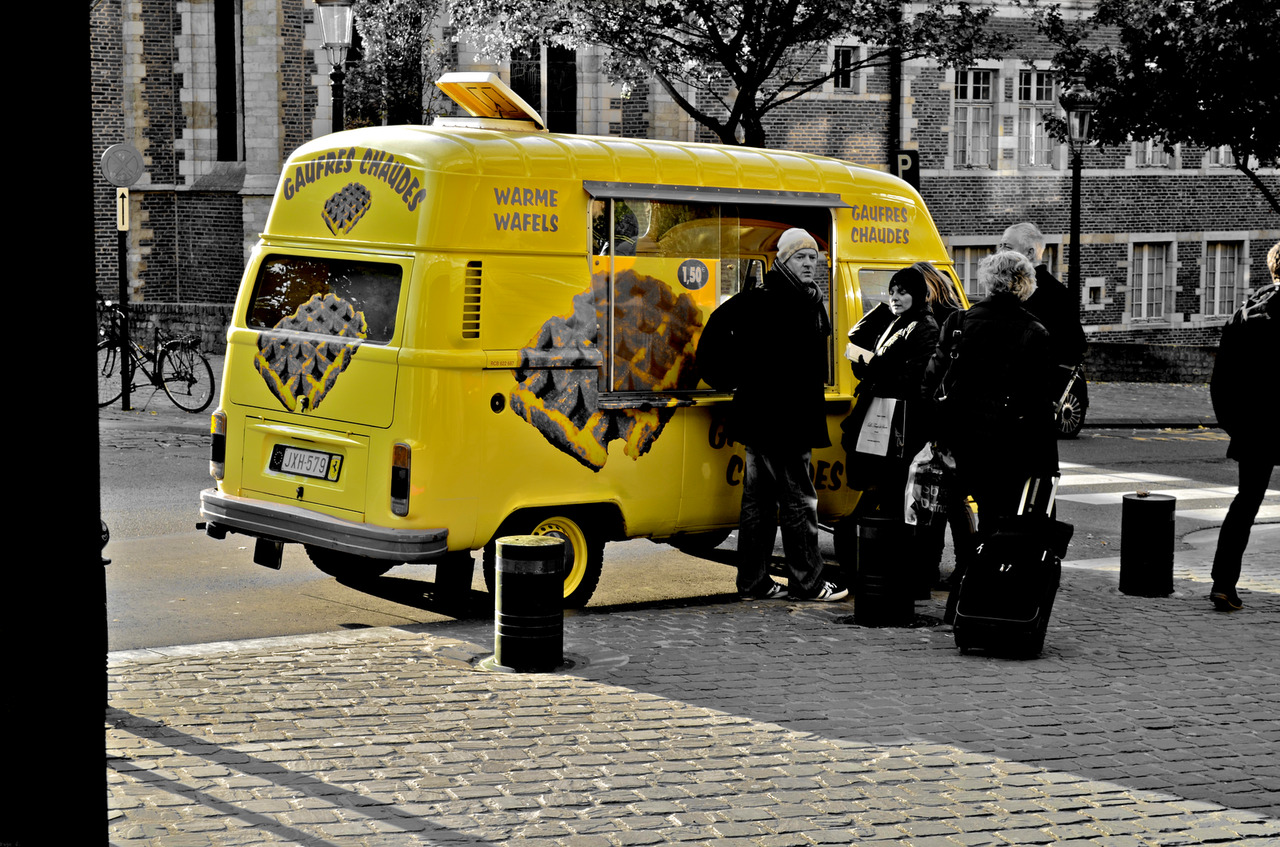 |
| Atomium, Brussels. |
BLOCUS
The Belgian exam period, so-called blocus, is now over (at least for me). It's been difficult to study all my courses together. I felt my head was a big pot where I threw in all different kinda theoretical concepts. The thing is, I ended up with a big mixed soup!
Most of my exams were multiple-choice-questions, based on books, often written by the class professors themselves. Of course, it was highly specific. But they made it even harder! For instance, I was asked to choose the right statement among four propositions and to justify my choice for each statement. Quite confusing!
All in all, it's been a quite stressful period. I'm glad it's over! Obviously, I "enjoy" more the Swedish examination system: one course at a time. The exams themselves are harder (open questions and discussions) but there is less confusion. At least my schedule was clearer! Anyway, my exchange semester as an Erasmus student ended with my last exam.
UGENT
Among the six Belgian universities ranked in the Times Higher Education World University Ranking, I spent my semester at Universiteit Gent (World rank: 93rd).
 |
| Course code - Course name - ECTS credits |
I was following 6 courses: Marketing Communication, Managing Service Organizations, Innovation & Technology Management, Financing High-Tech Entrepreneurial companies and Business-to-Business Marketing at the UGent and Strategic Human Resource Management at HogeSchool Gent.
If everything goes smoothly, I'll collect 32 ects credits which will be integrated in my master program at Linköping University (thanks to my Learning Agreement). Additionally, I had a Dutch class (4 ects credits) at UCT, but that was just "for fun"!
But all these data don't say much about my proper experience. Overall, I liked my exchange! Even though I've already studied some concepts before, the courses' content was interesting and for some, stimulating. However, I had trouble with Dutch. Meaning, a lack of English translation. Finding information on their online platform (Minerva) or from their emails was rather messy! During an exam, the teacher even gave the instructions in Dutch. No English!
More critics? I found the professors inaccessible (I had two appointments with a teacher who didn't show up! On the third one, he was busy on the phone for 20mn. I gave up.); I missed feedback from them: 3 months after an assignment, still no grades (counting for 40% of the final grade); and I found bizarre that most of them ask the students to buy their own published books (e.g. I'd have to pay 70€ for a book!).
Nevertheless, I had the chance to meet great people outside the classrooms. That's what matters!
MASTER THESIS

Game on! While I was studying for my exams at UGent, my SMIO classmates at Linköping University were attending the introductory seminars on the Master Thesis, since January 21st. The thesis kick-off is based on a book: Tricks of the Trade - how to think about your research while you're doing it (H.S. Becker, 1998) which gives us lots of examples about what to (not) write and most importantly, through the author's experience in social sciences.
The fourth and last semester of my SMIO program is fully dedicated to the master thesis. In pair of two students, we have to hand in our pre-final version by the end of April, and the final version by the end of May. Each group has a supervisor to provide some guidelines along the process. Our 50-70 pages document will then be evaluated on its problem consideration, structure and logic, theoretical support, frame of reference, research method, empirical data report, analysis, and conclusions. We'll also have to defend our final thesis in public seminars upon the final version.
 |
| Waffle bus, Brussels. |
I'm looking forward being back in Linköping, Sweden. I missed mother Nature, the coziness of the city center and the university facilities. I'll enjoy my final semester at LiU! I'll keep you updated under the thesis writing process ;)
Now, it's time to pack. It's a few hours drive to get to the ferry bringing us back to Sweden...
Tot ziens België!
Tot ziens België!







